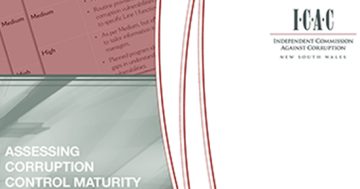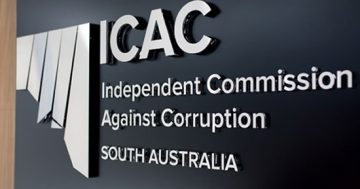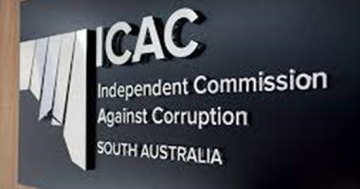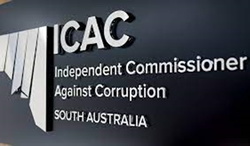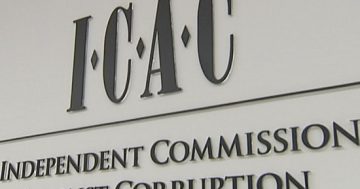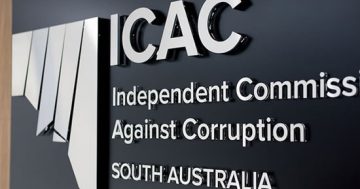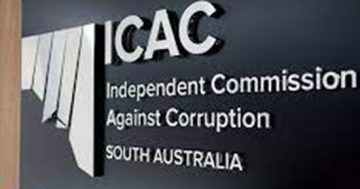 The NSW Independent Commission Against Corruption (ICAC) has launched a publication to help PS Agencies assess the maturity of their corruption control programs and identifying any immature elements.
The NSW Independent Commission Against Corruption (ICAC) has launched a publication to help PS Agencies assess the maturity of their corruption control programs and identifying any immature elements.
Launching its Mature corruption control: the key outcomes of better practice, ICAC said the publication was targeted at public officials with broad Agency oversight roles and provided an overview of corruption control maturity.
“Mature corruption control helps agencies avoid the negative consequences caused by corrupt conduct,” ICAC said.
“These consequences may be financial (for example, direct financial loss, wasted resources), performance (for example, reduced operational effectiveness, increased likelihood of other risks) and/or social (for example, reduced staff morale, reputational damage) in nature,” it said.
“This publication provides an overview of the Commission’s understanding of better practice corruption control.”
ICAC said that given the complexity of corruption risk, it was not surprising there was no panacea to combat it.
It said that instead, corruption control involved the interplay of a variety of mechanisms applied by a diverse range of business units across all lines of defence.
The Commission said these mechanisms could be organised into four pillars of control, building integrity, preventing corrupt conduct, detecting corrupt conduct and responding to integrity breaches.
“The adoption of a broad range of controls is, by itself, insufficient to ensure good corruption control,” ICAC said.
“For instance, the controls adopted may not be commensurate with an Agency’s risk profile or may be implemented poorly because of factors such as poor risk awareness, or confusion over responsibilities or accountabilities,” it said.
“Because of these risks, and the more general need to ensure that corruption control is efficiently and effectively performed, better practice corruption control adopts specific systems and processes that work together to support the implementation of an Agency’s corruption control program.”
The Commission said there were four key supporting systems and processes: Corruption risk management; Corruption control framework: Corruption control roles; and Corruption control competence.
It said that further detail about assessing corruption control maturity was available in its recently published Assessing Corruption Control Maturity.
ICAC’s six-page Mature Corruption Control publication can be downloaded at this PS News link and its 49-page Assessing Corruption Control Maturity at this link.


